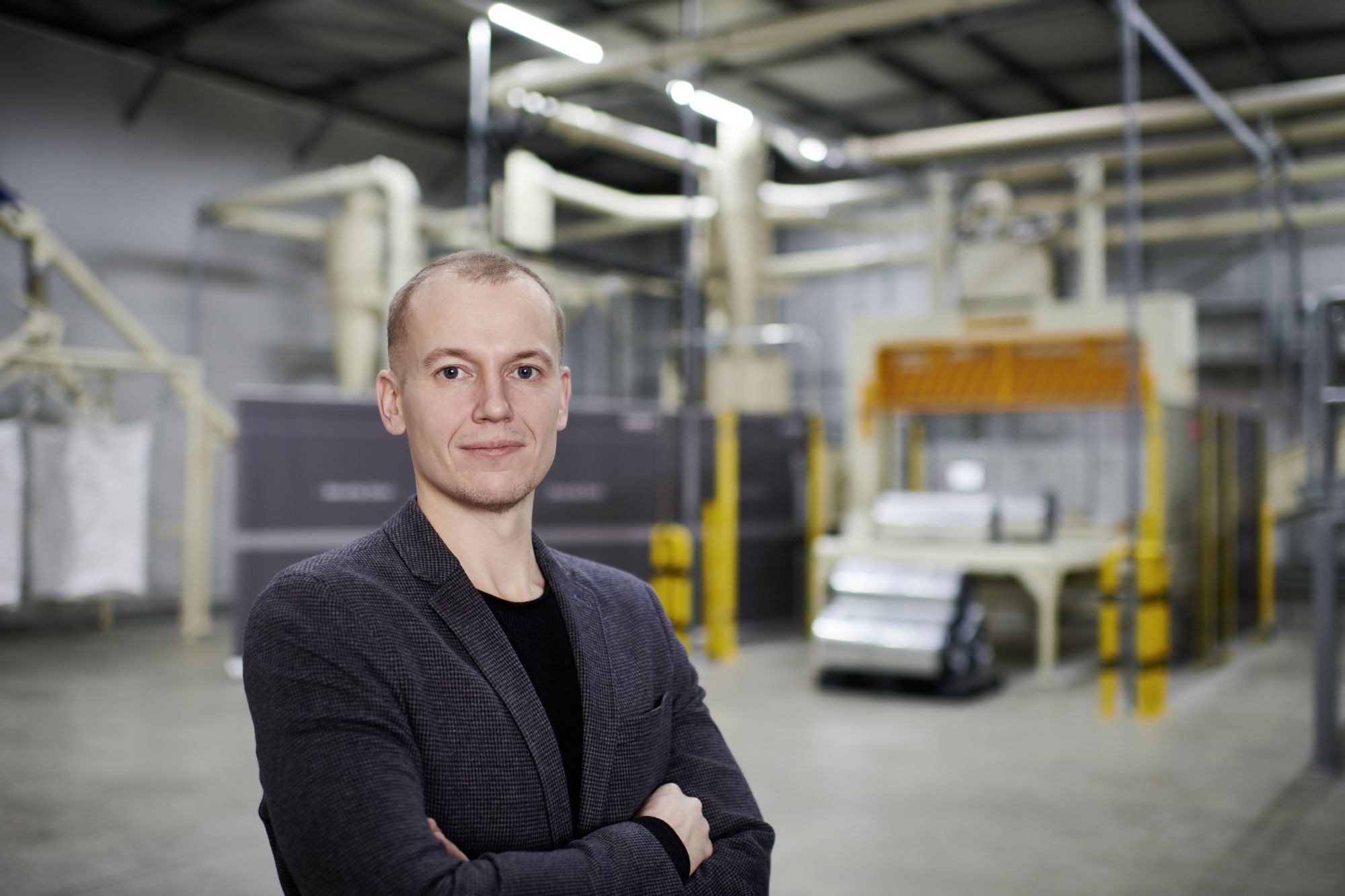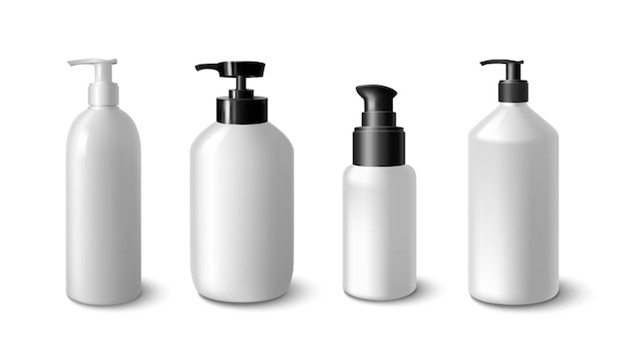
In the "Circular Competence" interview series, the VDMA Printing and Paper Technology Association asks its member companies about their plans, solutions and challenges on the road to the circular economy. What can the industry do to minimise the environmental footprint of packaging and other printed products?
Frankfurt, October 19, 2021 -Dr. Markus von Beyer, Head of Environmental, Health, Safety & Sustainability-(EHS&S) Management at LEONHARD KURZ Stiftung & Co. KG in Fürth, Germany, explains the family-owned company's environmental and sustainability strategies in an interview.
Do you use recycling and waste avoidance concepts in your own production?
KURZ has long been concerned with waste reduction and recycling management. The less waste generated in production, the lower the use of resources, the less material we have to purchase and the lower the disposal costs. We also use solvents recovered in production for cleaning purposes and instead of natural gas for heat generation. And, of course, we implement the Commercial Waste Ordinance. It is in our own interest to collect waste by type: The worse the waste is sorted, the more expensive it is to dispose of.
What Circular Economy solutions do you offer your customers?
First of all, by way of background: KURZ is a system provider of decoration and functional solutions, which are applied to a wide variety of substrates by hot and cold transfer, among other methods. We are active along the entire value chain,
from the development of the coatings, which we apply µm-thin to carrier films, to the construction of the application machines and the provision of services.
Our key contribution to the Circular Economy is that our µm-thin decorative and functional layers achieve maximum effect with minimum material input. Studies with institutes and recycling organizations prove that papers and packaging finished with our solutions do not cause any problems in established recycling processes. The same applies to plastic parts decorated with our film transfer processes. In technical approvals, we have proven this for finishing processes such as our InLine-Foiling or cold transfer. In the case of trim strips and radiator grilles for modern vehicles, which are provided with decorative and functional layers using in-mould decoration (IMD), recycling is also guaranteed.
What effect will that have?
Visible surfaces of components made of recycled plastic can be decorated again to a high standard using the IMD process, without any visual or functional disadvantages. KURZ decorations thus serve to enhance the value of recycled materials. We are also pushing ahead with recycling solutions for our carrier films. They have them made from recycled PET bottles, which currently has a disadvantage as recycled material is more expensive than virgin material. However, as recycling rates for PET products increase and more and more countries introduce deposit systems for them, this could soon change. For solvents, binders and other raw materials, we are also looking for recycled or bio-based materials. Above all, however, we have been investing a lot of time and money for years in the development of our own recycling process for PET carrier films. Today, we can obtain fiber raw materials or chips for film production from it. We continue to research and develop intensively in order to establish a genuine material cycle for the films. At the same time, we are analyzing the ecological footprint. If recycling were ultimately more energy and raw material intensive than the process with virgin material, nothing would be gained. We are concerned with viable solutions for the future, not with green marketing. With regard to our production and recycling processes, this means, among other things, that they are carried out as decentrally as possible close to the customer in the interests of short distances.
How does the topic affect your research, development and cooperation with customers, brand owners and material suppliers?
Cooperation has been getting closer for years. Circular Economy requires that actors along the value chains and material cycles coordinate. Everyone must take into account the needs and requirements of all the others in their processes. And in order to form cycles from previously linear processes, it is necessary to redefine interfaces. We need to know what our material suppliers are doing, how our customers' processes are running and what needs to be taken into account with regard to functioning recycling processes. We are involved in associations, initiatives and platforms in order to exchange ideas and share knowledge with a wide range of players in the value chain and to create design guidelines for recyclable products and packaging. The transformation towards the Circular Economy is an elaborate process that requires a great deal of communication and consultation, in which we systematically reduce our ecological footprint along the entire supply chain.
Is the demand for your Circular Competence growing more regionally - or worldwide?
That depends: Globally active brand manufacturers today set the same requirements everywhere. They drive their sustainability strategies worldwide and make no local exceptions. But in some regions, there are local customers who are not yet ready and have not yet closed their material cycles. However, since the Corona crisis at the latest, we have felt a shift in awareness towards sustainable action that is driven by facts and figures rather than marketing platitudes. Customers demand proof, certificates and third party audited figures. This increases the expense - but in this case it is welcome, because serious efforts become more credible.
Environmental protection is often driven by regulation. Are the framework conditions for the entry into the Circular Economy set correctly?
The degree of regulation required also depends on society. In Switzerland, for example, recycling works without a deposit system, while awareness of waste as a recyclable material is quite different in Asia. There, waste ends up in landfills or in rivers and oceans. In order to achieve climate and environmental goals, both legal requirements and individual and corporate responsibility are required. Environmental protection often causes initial costs, but then reduces ongoing costs through saved energy and resources. Regulations often provide the necessary impetus to overcome the initial cost hurdles. Internationally harmonized regulations are needed to ensure fair competitive conditions. Here in particular, there is still much to be done on the way to the Circular Economy.







